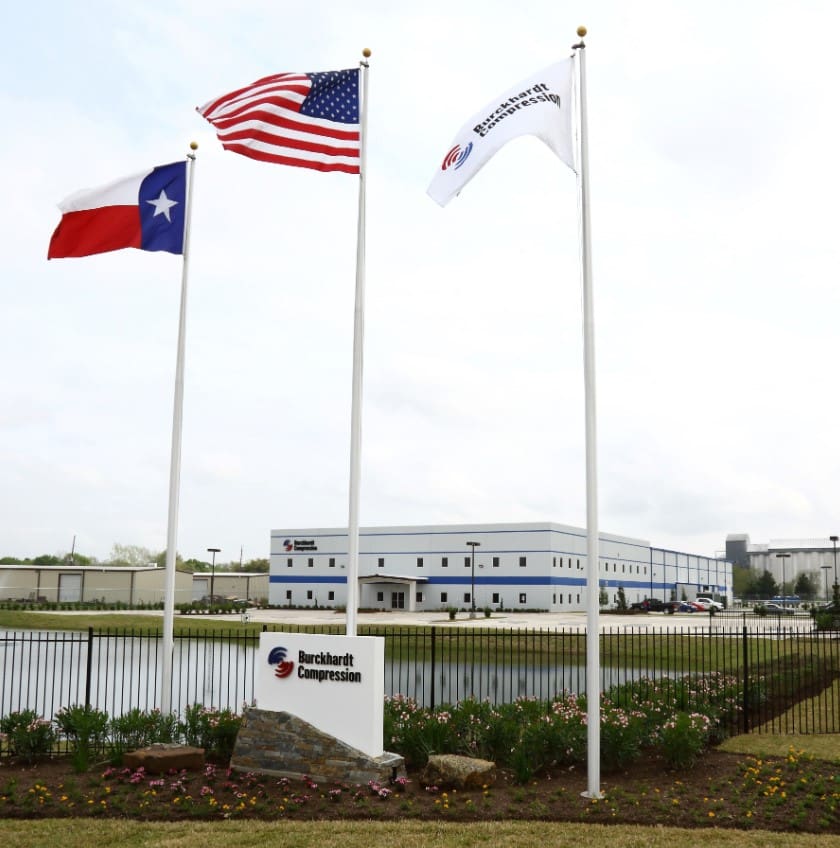Wärtsilä has been contracted to extend the capacity of the regasification system installed onboard the LNG Croatia with a new regasification module. The 919-ft.- (280-m-) long floating storage and regasification unit (FSRU) vessel is owned by Zagreb, Croatia-based LNG Hrvatska, and acts as the company’s liquefied natural gas (LNG) terminal on Krk island. The order for the new system was booked by Wärtsilä in Q2 2023.
The new module will supplement the vessel’s existing onboard Wärtsilä regasification system and increase the terminal’s capacity by 212 MMscf/d (250,000 m3 per hour). The expanded capacity helps position Croatia as an energy hub for the region. “The existing Wärtsilä regasification module onboard the LNG Croatia has been efficient and reliable. We are pleased to turn to Wärtsilä once again for this new unit that will allow us to meet our expansion plans,” said Ivan Fugaš, managing director of LNG Hrvatska.
“The expansion project for the Krk terminal is very significant in strengthening Croatia’s energy security and gas supply,” said Kjell Ove Ulstein, sales and marketing director for Wärtsilä Gas Solutions. “We at Wärtsilä are very proud to support this project with our advanced regasification technology. This latest order reflects the fact that our systems represent an industry benchmark in terms of energy efficiency, robustness, and operational flexibility.”
In addition to the new regasification train, Wärtsilä will also supply the engineering for the capacity conversion. The plant will be installed during summer 2025. Wärtsilä said the project represents a significant investment in Croatia’s energy infrastructure and is expected to have positive economic and environmental impacts. As the country continues to prioritize sustainable energy solutions and reduce its reliance on fossil fuels, the expansion of the LNG terminal represents a crucial step forward.

















